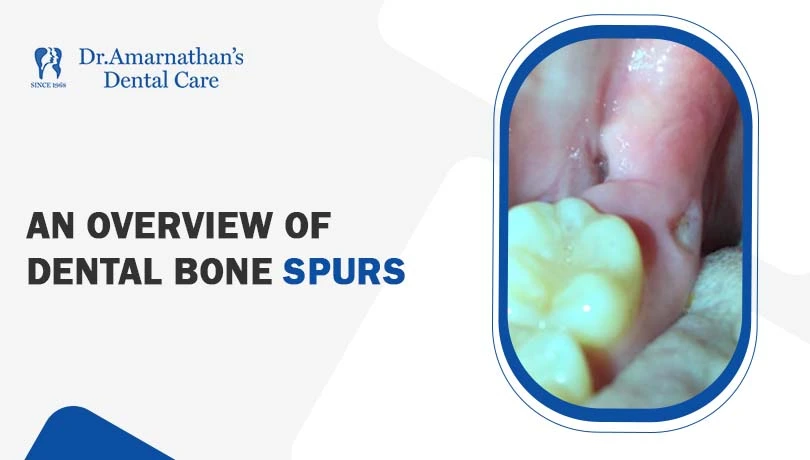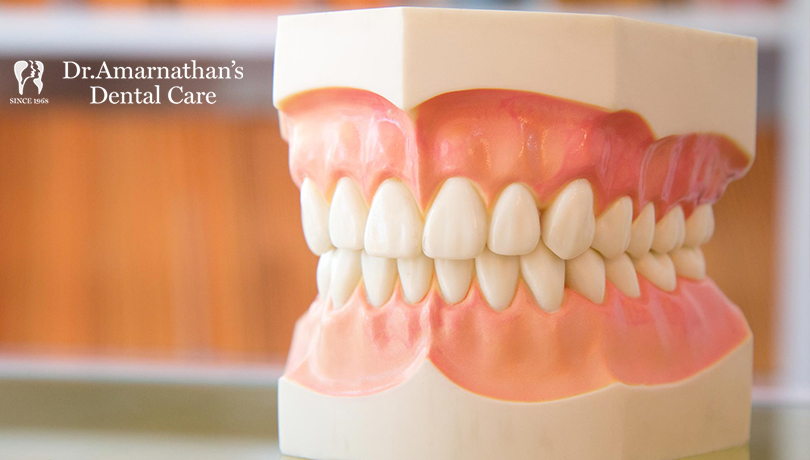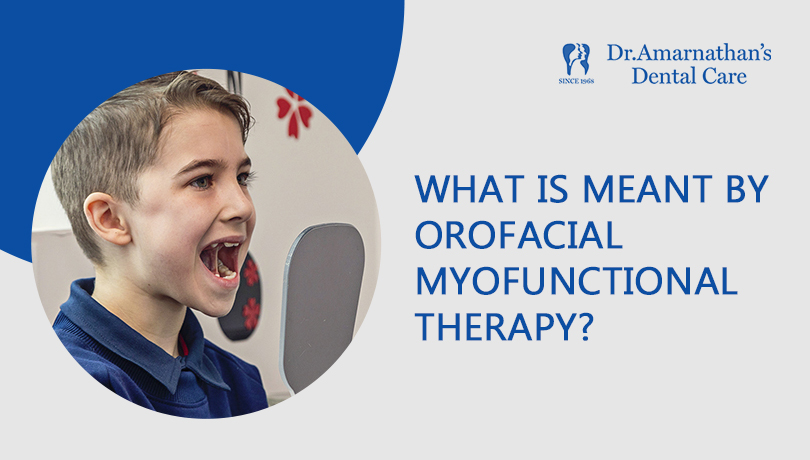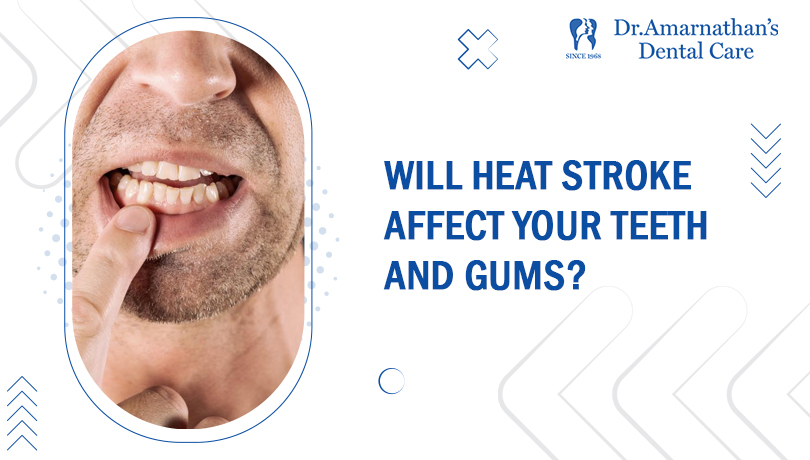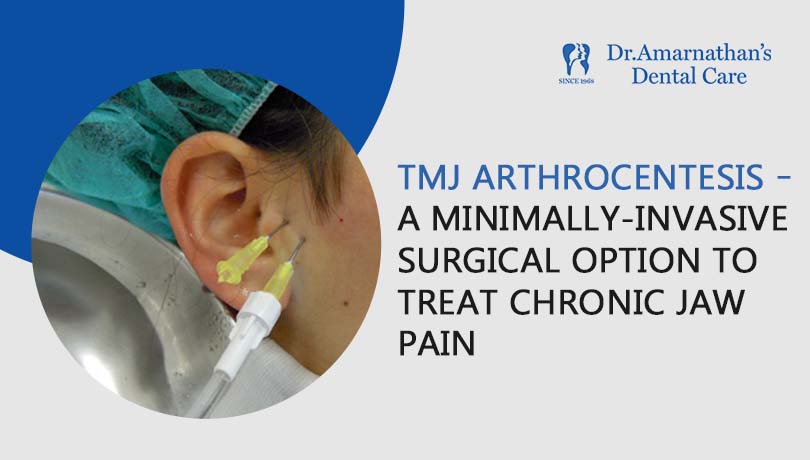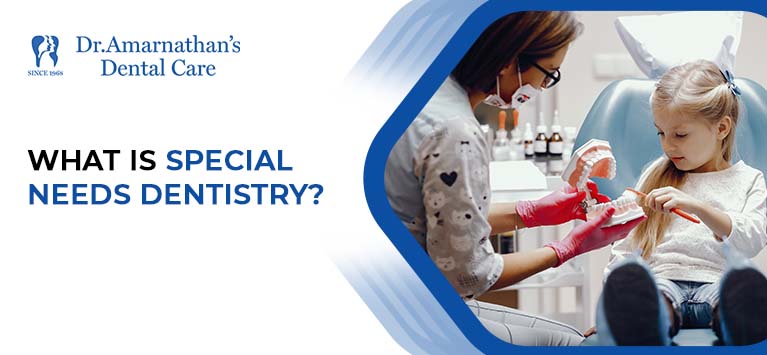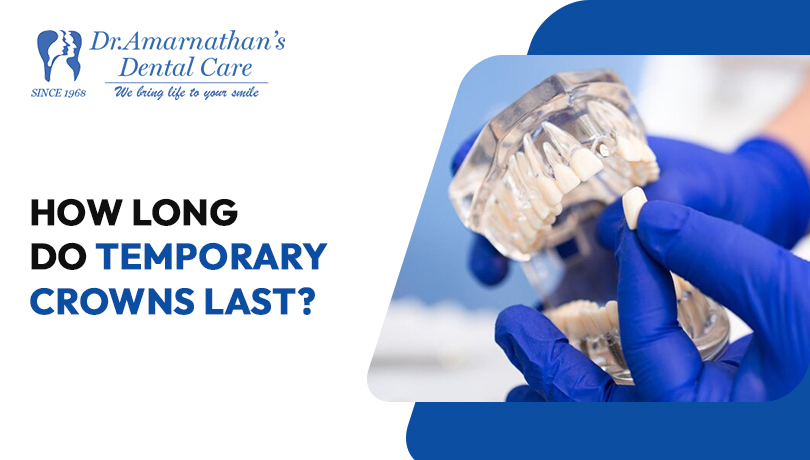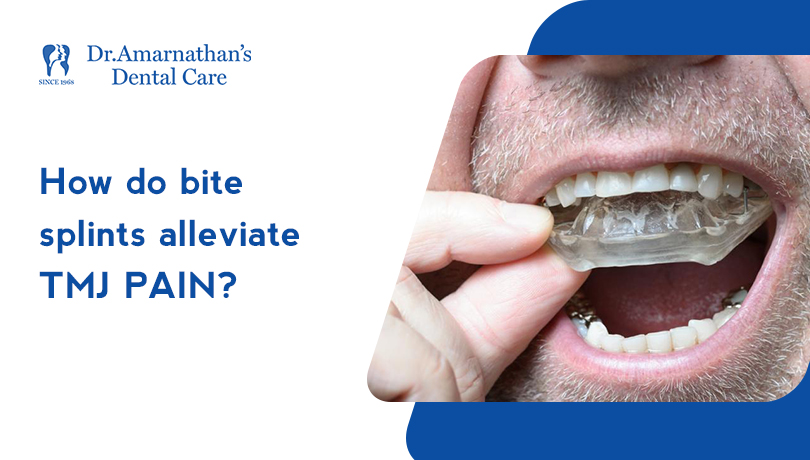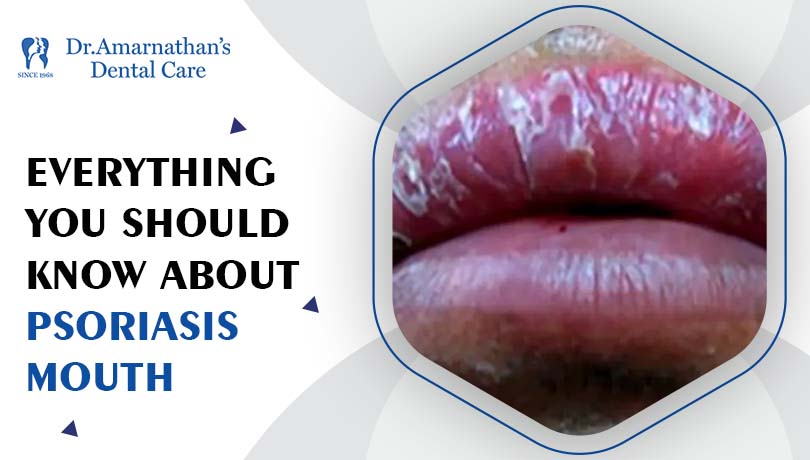
Everything you should know about psoriasis mouth
Psoriasis is frequently understood as a skin disease that affects visible areas of the body, including the scalp, knees, and eyebrows. You might aware of this skin disease’s symptoms, such as itchy, inflamed patches of dry, cracked skin. However, the impact of this skin condition can extend inside your mouth on rare occasions.
Read more about oral psoriasis, its symptoms, and treatment.
Oral psoriasis: What is it?
Oral psoriasis, also known as intraoral psoriasis, affects the inside of the mouth.
It is an autoimmune and chronic inflammatory skin disorder that often appears as dry, red, itchy patches of skin or thick, silvery scales. 1 to 3% of the world’s population is affected by it. Even though it is not a serious problem, it might still irritate you.
Symptoms
The symptoms of oral psoriasis vary from person to person.
These symptoms are typically mild and temporary. There is still no agreement among medical professionals regarding the condition’s symptoms.
- Small, white bumps that could bleed if damaged
- Plaques in red and white
- Burning or pain, especially when eating spicy food
- Gums with peeled skin
- Blisters filled with pus (pustules)
- Changes in taste
- Lesions or sores that are light yellow and white
- Itchy and discolored patches of mouth mucous membranes
- Furrows or grooves on the tongue’s upper surface.
How to treat it?
Treatment may not be required if you do not have pain or difficulty chewing or swallowing. By maintaining good oral hygiene, you might be able to keep your mouth in good condition and get rid of minor symptoms.
Pain and swelling can be treated with topical anesthetics or prescription-strength anti-inflammatories. These medications can reduce swelling and pain and improve eating and drinking.
If body-wide symptoms are treated, psoriasis of the mouth may also improve. Doctors typically prescribe anti-inflammatory medications and topical steroid creams to treat this condition.
What are the chances for those with psoriasis?
Psoriasis doesn’t have a treatment. Though, certain remedies and therapeutic procedures can help you to manage this disease and reduce its symptoms properly.
However, you cannot predict whether you will experience flare-ups connected with your tongue in the future.
In the case that you have this disorder, you have a higher risk of contracting diseases like:
- Psoriatic arthritis
- Additional immune system disorders
- Eye diseases, including uveitis, blepharitis, and conjunctivitis
- The metabolic syndrome
- Heart diseases or high blood pressure
- Kidney problems
- Parkinson’s disease
It is a persistent condition; finding a dermatologist to control and monitor it is crucial.
Prevention
It can be beneficial to avoid triggers to prevent their symptoms from worsening. You can take steps to reduce the frequency of psoriasis flare-ups or relieve symptoms.
- Avoid spicy and hot foods.
- Stop smoking
- Use mouthwashes.
- Maintain good oral hygiene.
- Moreover, it can help in reducing stress, which worsens symptoms.
Takeaway
Consult your doctor, dentist, or dermatologist before starting any medication treatment for your psoriasis. Even though it could be annoying, the right diagnosis and treatment should enable you to manage and treat your symptoms.



